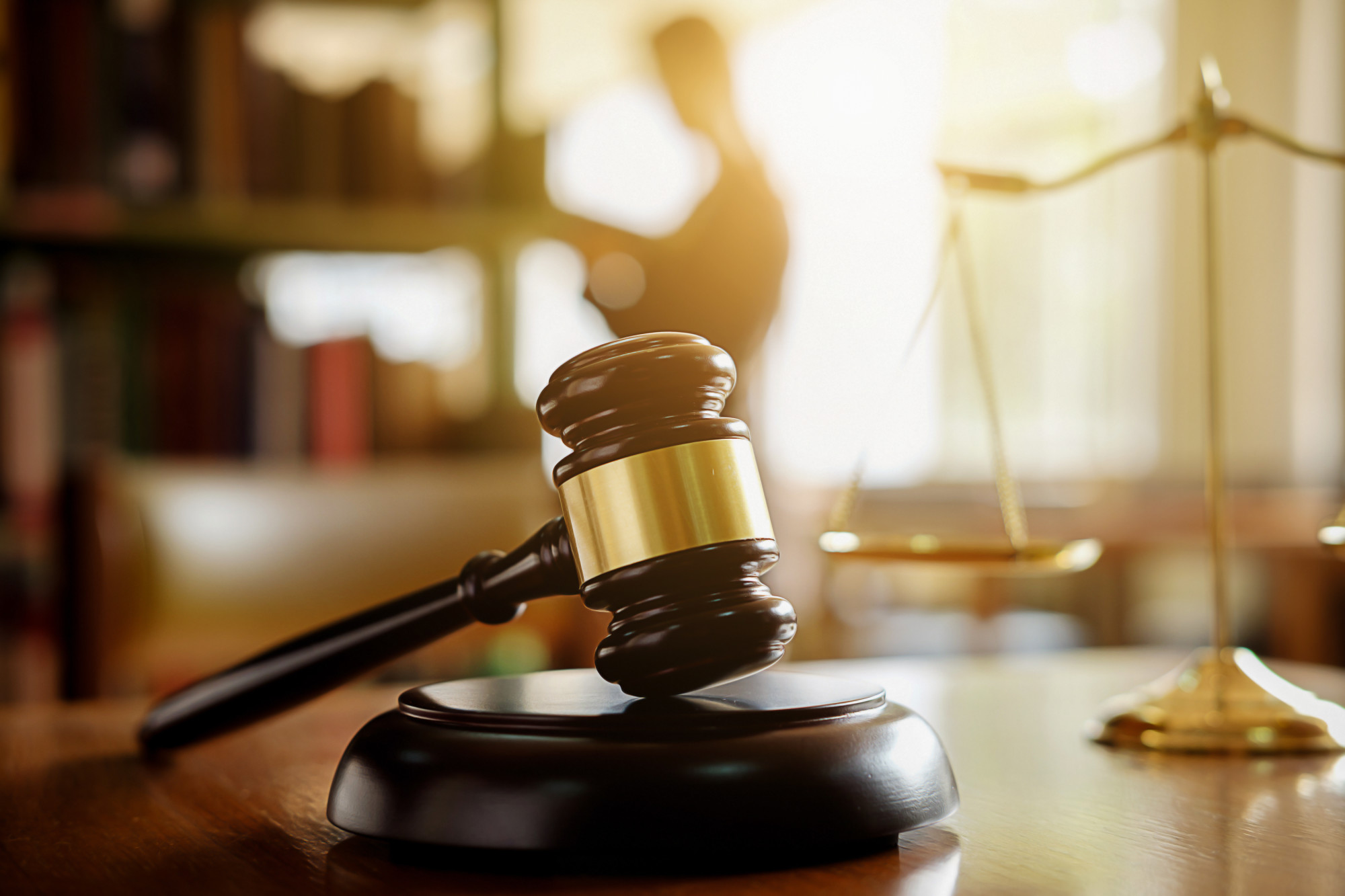Have you recently been injured due to someone else’s negligence? If so, you may be entitled to compensation for your injuries. Yet navigating the personal injury claim process can be tricky. And making mistakes can negatively impact the outcome of your case.
In this article, we’ll discuss five common mistakes to avoid when dealing with a personal injury claim. Whether it’s failing to seek medical attention or accepting the first settlement offer, we’ve got you covered.
Learn how to avoid these pitfalls and achieve the best possible outcome for your case. Don’t let these common mistakes derail your personal injury case – read on to learn more!
1. Failing to Seek Medical Attention
Even if you don’t feel like you’ve been seriously injured, it’s crucial to see a doctor as soon as possible after an accident. There are a few reasons for this.
First, some injuries may not be immediately apparent. Delaying medical attention can worsen the injury and make it more difficult to prove that it was the result of an accident.
Second, seeing a doctor creates a record of your injuries, which is important when you file your claim. Insurance companies may use a lack of medical records to argue that your injuries weren’t serious or weren’t caused by the accident.
It’s important to seek medical attention even if you’re worried about the cost. Your health should always be your top priority. There are options available to help you pay for medical care. This includes health insurance, auto insurance, and personal injury protection (PIP) insurance.
2. Not Collecting Evidence
Evidence is crucial in proving your case and obtaining the compensation you deserve. If possible, gather evidence immediately after the accident. This could include taking photos of the scene or any damage.
Collect witness statements and preserve any physical evidence that may be relevant to your case. For example, if you were involved in a car accident, you should take photos of the damage to both vehicles and any relevant traffic signs or signals.
It’s also important to keep detailed records of any expenses related to the accident, such as medical bills, lost wages, and property damage. This can help establish the extent of your injuries and the financial impact of the accident on your life.
3. Speaking to Insurance Adjusters Without an Attorney
Insurance adjusters work for the insurance company, and their job is to settle your claim for as little money as possible. They might try to get you to say things that hurt your case, like admitting fault or saying your injuries aren’t as bad as they are.
It’s important to remember that you are not required to speak to an insurance adjuster without an attorney present. In fact, it’s generally recommended that you don’t speak to them at all until you have consulted with a personal injury attorney.
An attorney can help you understand your rights and advise you on how to communicate with the insurance company. They can also negotiate with the insurance company on your behalf. This will ensure that you receive the compensation you deserve for your injuries.
If you have already spoken to an insurance adjuster without an attorney present, don’t panic. You can still seek legal advice and representation. An experienced injury lawyer can help you navigate the claims process. They will work to achieve the best possible outcome for your case.
4. Waiting Too Long to File a Claim
In many states, there is a statute of limitations that sets a deadline for filing a personal injury lawsuit. If you miss this deadline, you may be barred from seeking compensation for your injuries.
It’s essential to understand that the statute of limitations can vary depending on the type of case and the state in which you live. For example, in California, the statute of limitations for personal injury cases is generally two years from the date of the injury. But it can be shorter or longer in certain situations.
It’s important to consult with a personal injury attorney as soon as possible after your injury. An attorney can help you understand the statute of limitations that applies to your case. They will ensure that you file your claim before the deadline expires.
Waiting too long to file a claim can also hurt your case in other ways. Evidence may become more difficult to gather over time. , Witnesses may forget important details. Insurance companies may become more reluctant to offer a fair settlement.
5. Accepting the First Settlement Offer
Insurance companies often make lowball offers in the hopes of settling a claim quickly. It could also be for less money than the injured person may be entitled to.
It’s important to understand that the first settlement offer is often not the best offer you can receive. In fact, it may not even cover all your medical bills and other expenses related to your injury.
If you accept the first offer, you may be waiving your right to seek additional compensation in the future. This can be particularly problematic if you later discover that your injury is more serious than you thought.
Before accepting any settlement offer, it’s important to consult with personal injury attorneys. They can help you understand the full extent of your injuries and the long-term costs associated with them.
They can also negotiate with the insurance company on your behalf. This will ensure that you receive a fair settlement that covers all of your expenses and losses.
Making a Personal Injury Claim
By avoiding these common mistakes, you can greatly increase your chances of a successful personal injury claim. Remember that making even a small mistake can significantly impact the outcome of your case. So it’s important to approach your claim with caution and diligence.
With these tips, you can navigate the claims process confidently and secure the compensation you deserve. Don’t let these common mistakes derail your personal injury claim – follow our advice and achieve the best possible outcome.
Would you like to learn more? Then visit our page today for more tips!







